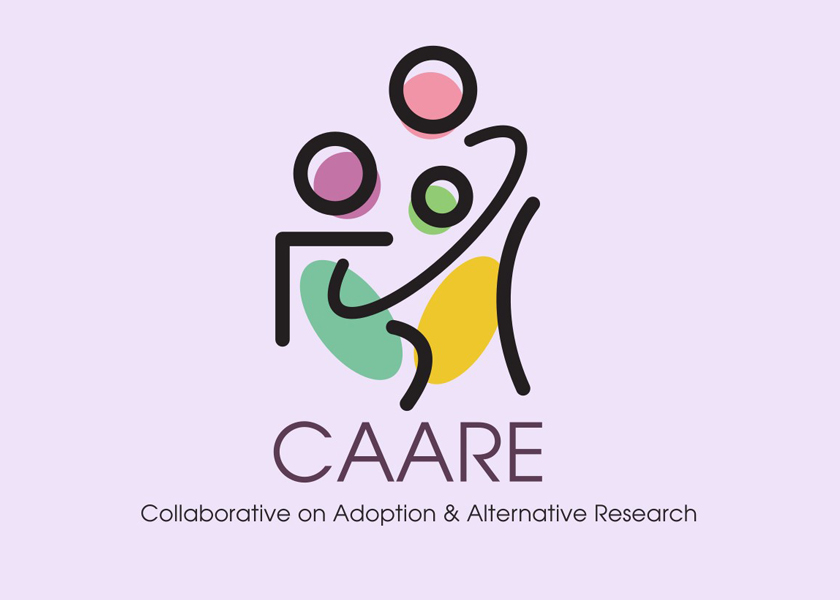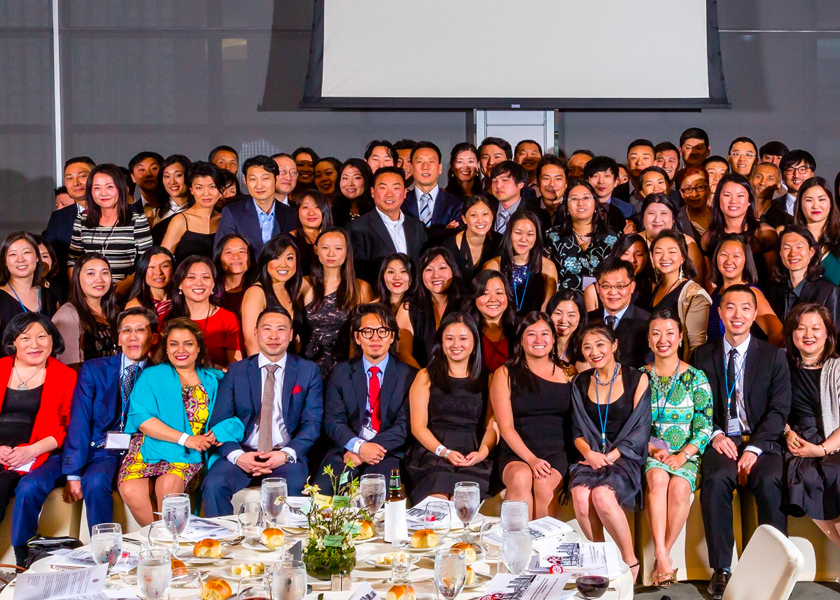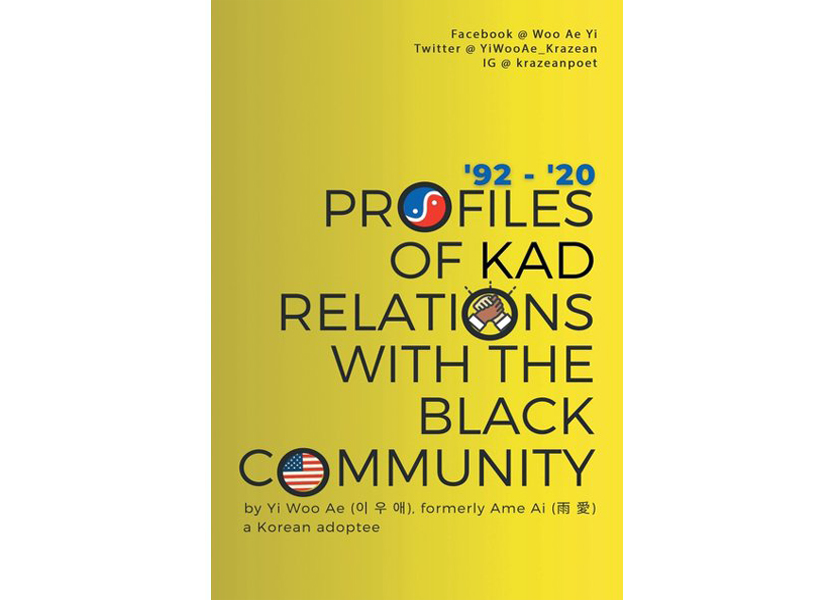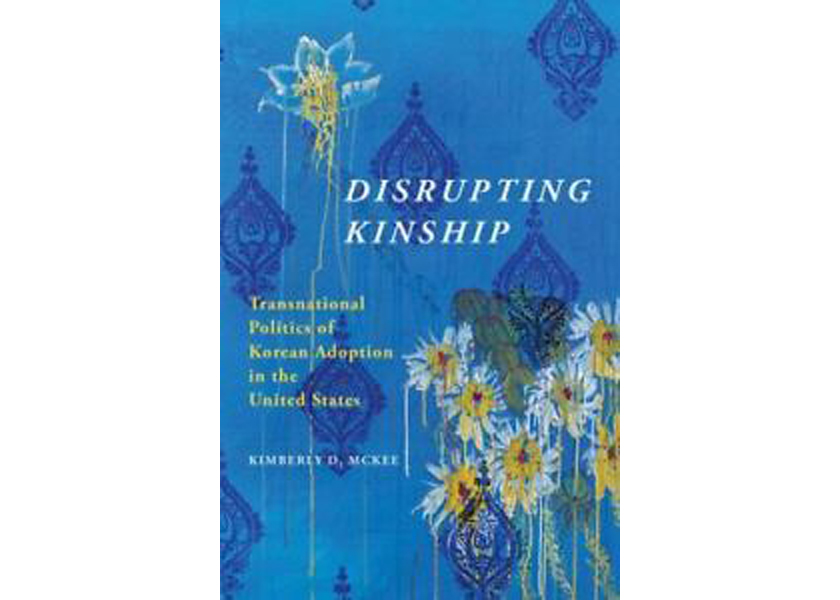Minnesota’s Asian American caucus steps up with bills to recognize hate crimes, curb gun violence | By Martha Vickery (Winter/Spring 2023)
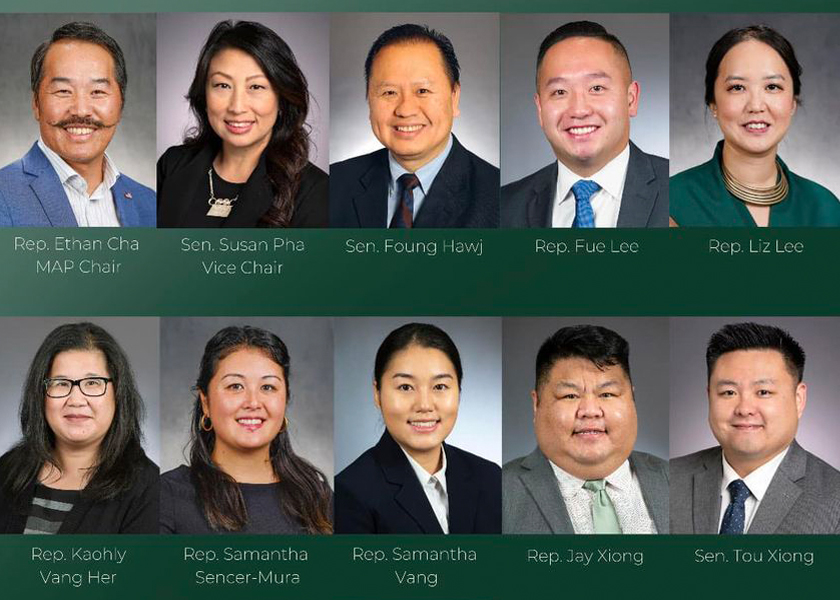
In a race against time, Minnesota’s legislature, with its slim Democratic majority in House and Senate, along with its Democratic governor Tim Walz, is engaged this winter in a fast-changing session, working on bills at a quick pace, as can only be done in a so-called “trifecta” state. The roster of bills is a hopeful one, featuring many that will improve life for marginalized Minnesotans, including children, elders, new immigrants, and the poor.
Trifecta as it applies to politics was a new word to me this year, maybe because it is such a rare occurrence in our state. A trifecta state is one in which a House majority, Senate majority and the state’s governor are all of the same party. Nationwide, it is not so rare, but it is in Minnesota. The last time there was a Minnesota trifecta was in 1990, which was also accomplished with a very slim majority of the Democratic Farmer-Labor (DFL) party for one session.
There are currently 22 Republican trifecta states and 17 Democratic ones in the country. There are 11 divided governments in which neither party holds trifecta control, according to the website Ballotpedia. In 2022, Democrats flipped the Michigan legislature from red to blue, and gained governorships to achieve trifectas in Massachusetts and Maryland. Dems also retained the control of the legislatures in Colorado, Maine, Nevada and Oregon.
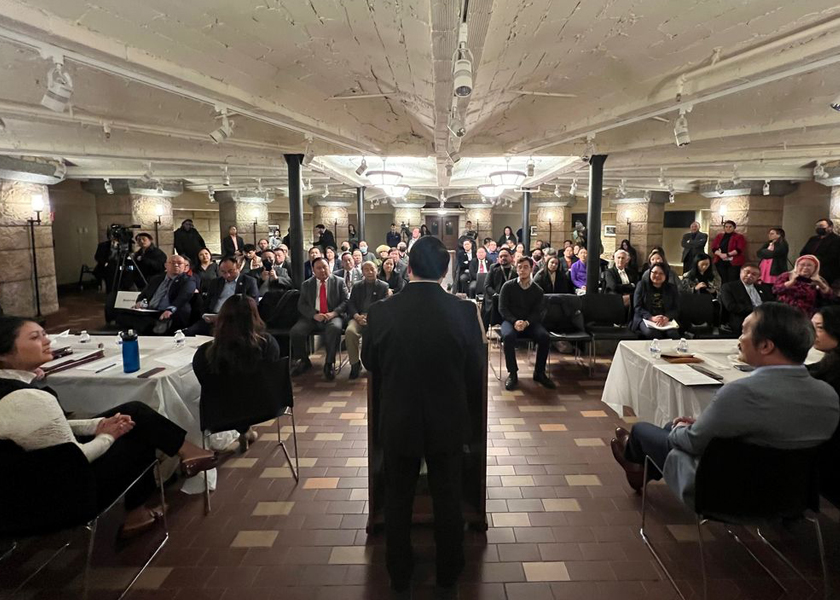
Perhaps one of the busiest groups in the Minnesota state legislature is the Minnesota Asian Pacific Caucus (the MAP Caucus), which gave a press conference on January 23, just after the Lunar New Year weekend and the horrific mass shootings of Asians and Latino victims in two separate incidents in the communities of Monterey Park and Half Moon Bay, California, at which two shooters killed 18 people. The Monterey Park shooting was at a Lunar New Year event.
The mood was somber but also hopeful at the first press conference of the re-formed DFL MAP Caucus, chaired by Rep. Ethan Cha (D-47B), who was newly elected in 2022. Rep. Kaohly Vang Her later noted in her newsletter that their 10-person caucus of seven representatives and three senators is the second-largest Asian American and Pacific Islander (AAPI) state behind Hawaii. She also wrote that Minnesota’s AAPI community (which in the 2020 Census topped 365,000) is the “fastest growing demographic in the state.” The MAP caucus also held a town hall-type event on February 17 to hear issues from the community.
Back in 2021, after the Atlanta shootings, and well after more than a year of growing numbers of hate crimes against Asians in Minnesota and nationwide, a very similar anti-hate crimes bill was patiently shepherded through a contentious legislature by principal author Rep. Samantha Vang (D-38B), with other coauthors. Vang, co-founder of the MAP caucus, appeared at the January 23 press conference to speak again about the same bill she has been championing for two years, now updated to this year’s version (HR 181, nicknamed the Stop Hate bill).
Two years ago, Ron Latz (D-46), DFL lead for the 2021 conference committee, speaking to KQ 10 days before the 2021 session ended ended, was presciently pessimistic about preserving the anti-hate/bias crimes portion of the bill. Despite strong support and preparation, and testimony by Katie Wright (the mother of Daunte Wright, who was killed during a traffic stop by a Brooklyn Center police officer), and Brandon Williams, nephew of George Floyd, the bill disintegrated. Republican members, Latz remarked, were only focused on the budget.
This session, it’s different.
In its press conference, the group talked more about anti-hate legislation and anti-gun legislation than the rest of the bills that are priorities for this year. Rep. Her noted that their caucus knows they are only chipping away at the edges of a pandemic of gun violence. “No one law is a panacea,” she said. The MAP caucus is strong on topics like safe gun storage and increased restrictions for open-carry laws, in addition to setting up a structure to educate law enforcement about and legally define and recognize hate/bias crimes.
Even if stricter gun laws are achieved, no Minnesota law will prevent the flow of guns from other states, Her noted. The caucus is strong on gun laws “at the risk of doing nothing,” she said. Federal legislation must happen too.
Other hopeful bills for Asian Minnesotans and the larger community include a bill to increase funding for English language learners (authored by Rep. Her); a bill to make ethnic studies a requirement for every high school student in Minnesota (authored by Rep. Samantha Sencer-Mura (D-33A) ); capacity-building grants for Minnesota non-profit community organizations which filled public service gaps during COVID and reached many immigrant and marginalized Asian Minnesotans (authored by Sencer-Mura); and an AAPI Veterans’ Bill to boost mental health care and other health coverage for Asian American veterans (authored by Sens. Foung Hawj and Susan Pha).
You can’t be a pessimist if you are also in the business of creating legislation. Vang, along with her anti-hate coalition in 2021, would not shut up about the need for educating police and changing the structure of police departments to recognize hate crime for what it is. She is still talking. The Minnesota Ethnic Studies Coalition started up in 2019, and educator and now-representative Sencer-Mura has championed their bill. They are still talking after two years. This session is the first opportunity for progressive causes like these to get real traction.
That opportunity could slip away quickly – the governor’s desk will soon be buried in an avalanche of new bills. Between now and the end of May, there will be some new progressive laws to report on, in this state and in other Democratic-trifecta states nationwide.
Brave spirit
Over the winter 2023 quarter, a new book was launched by long-time KQ contributor Heinz Insu Fenkl, and KQ got one of the first post-launch interviews. A prolific writer, Fenkl has published only two novels, both autobiographical, about his childhood and early-teen years as the son of a GI father and Korean mother, growing up on the military bases and in the camptowns near Inchon. Over the last 25 years, while not writing his novel, he taught English literature at State University of New York- New Paltz, and translated Korean prose and poetry into English, publishing eight books of Korean literature in translation. He also learned a lot about ancient spirituality, philosophy and religion as a part of it. In the interview, he discusses his youthful, often funny misadventures of his youth and the unique culture in which he lived. He also reflects how, through his childhood, Korea changed and Westernized at a fast pace, while its ancient beliefs held sway, just below a thin veneer of modern life.
The joy of learning sijo
Another interesting literature project is a book on the Korean poetry form sijo, by the Chicago-based Sejong Cultural Society’s co-founder Lucy Park along with Wisconsin high school literature teacher Liz Jorgensen. The Sejong Cultural Society recognized a long time ago that to have a sijo-writing contest, the contestants first need how to write a sijo, not exactly a standard form in elementary and high school curricula. However, before students can learn it, teachers need to learn how to teach it – for some, teaching any poetry form is tricky. The Society has been sponsoring classes in instruction of sijo for teachers for many years. Jorgensen, who embraced the craft, teaches it every year, and helps her students to enter the poetry contest, collaborated in this book designed not only to teach the poetry form, but to help other teachers to persuade students to try it and learn to love it.
The life course of adoption
How adults experience and grow into their lives as adoptees is the topic of a new survey of adult adoptees, now live and available from a website. Hollee McGinnis, an activist and researcher, has created the survey to further study her own group, adult transnational adoptees, to learn more about how their identity, and also their mental and physical health, may be affected as they age.
This time of year is all about hope, especially right now in Minnesota, where spring is only an intellectual exercise. Staying strong as the snowbanks grow in late winter is the only way – that and snuggling in with a good book – we have a few recommendations.
Happy late winter, someday to be spring.

